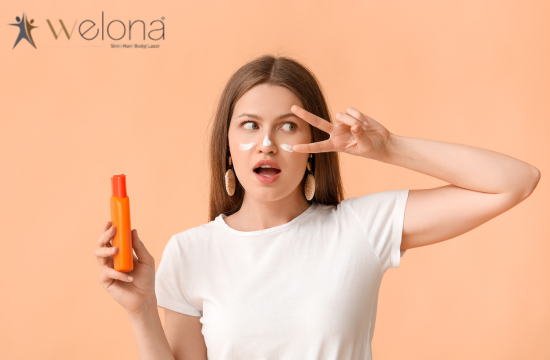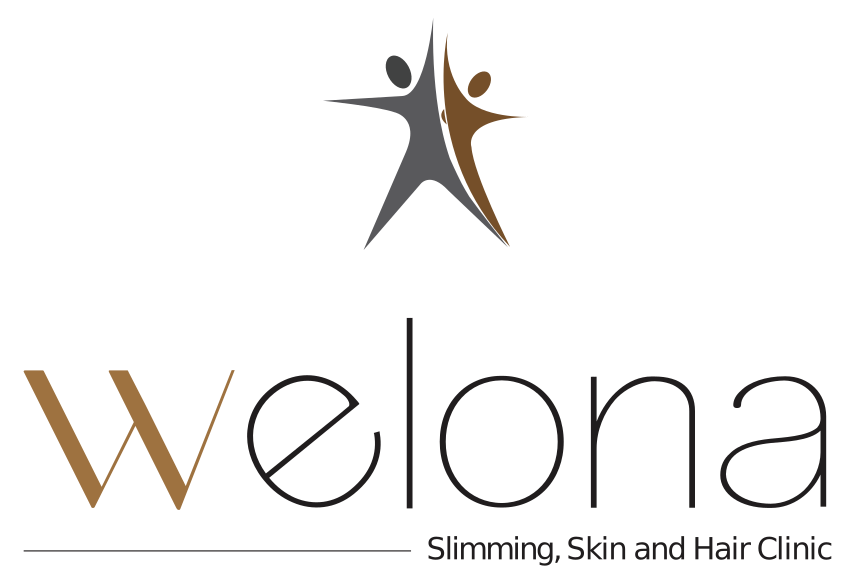If you had to pick just one skincare product you would never skip, sunscreen would be it. Many people don’t realize that sunscreen does more than protect against tanning or burns. It also helps prevent wrinkles, dark spots, and serious issues like skin cancer. However, with the wide variety of options available, choosing the best one for you can be a daunting task.
There are many varieties of gel, cream, spray, stick, SPF 30, SPF 50, mineral, and chemical sunscreens, but how do you know which sunscreen is right for you? The truth is that not every sunscreen suits every skin type. What works for one person with dry skin may not work well with another with oily or sensitive skin. The best sunscreen for you depends on your skin type, the ingredients, and the texture that feels comfortable for daily use.

The right sunscreen can make a big difference regardless of skin type. Here is a simple step-by-step guide to choosing the right sunscreen to save you from this hassle.
How to Choose Sunscreen for Your Skin Type
1. Know Your Skin Type First
Before you start shopping, determine your skin type. Are you oily, dry, sensitive, or a mix of both? Once you know this, finding what you need will be easier.
- Oily skin tends to look shiny and feel greasy.
- Dry skin often feels rough, flaky, or tight.
- Sensitive skin easily reacts with redness, stinging, or itching.
- Combination skin is oily in some areas (like the forehead and nose) and dry in others (like the cheeks).
2. Understand the Basics: SPF and PA Ratings
- SPF (Sun Protection Factor) protects against UVB rays, which cause sunburn.
- SPF 30 blocks about 97% of UVB rays, while SPF 50 blocks around 98%.
- The PA rating indicates how effectively the sunscreen protects against UVA rays, which contribute to aging and long-term damage.
- More plus signs (+) after PA mean better protection. For example, PA+++ is good.
Always choose a sunscreen with a minimum SPF 30 and PA+++ for daily use.
3. Pick the Right Formula for Your Skin
- For oily or acne-prone skin: Choose a lightweight, gel-based, or water-based sunscreen. Look for words like “non-comedogenic” (it won’t clog pores) and “oil-free” on the label.
- For dry skin: Go for rich, moisturizing cream-based sunscreens. Ingredients such as hyaluronic acid, glycerin, or ceramides are excellent for locking in moisture.
- For sensitive skin: Choose mineral sunscreens (physical sunscreens) with zinc oxide or titanium dioxide. These are gentle and less likely to irritate.
- For combination skin, a lightweight lotion or fluid sunscreen usually works well. You can also apply sunscreen to different parts of your face if needed.
4. Understand Mineral vs. Chemical Sunscreens
- Mineral (Physical) Sunscreens sit on the skin and reflect the sun’s rays.
- Suitable for sensitive or reactive skin. Ingredients to opt for: zinc oxide and titanium dioxide.
- Chemical Sunscreens absorb UV rays and break them down before they can damage your skin.
- These usually feel lighter and are better for normal to oily skin. Look for ingredients such as avobenzone, octocrylene, and oxybenzone.
5. Water-Resistant Doesn’t Mean Waterproof
No sunscreen is fully waterproof. Water-resistant means the sunscreen will stay on for a certain amount (usually 40 to 80 minutes) while swimming or sweating. If you spend time outdoors, especially swimming, always reapply every two hours.
6. Other Tips to Keep in Mind
- Apply sunscreen every day, even when it’s cloudy.
- Use enough. Most people don’t apply enough sunscreen. A good rule is to use about a teaspoon for your face and neck.
- Reapply every two to three hours if you’re indoors.
- Don’t forget areas like your ears, neck, and the back of your hands.
Best Skin Protection Treatments at Welona, Chennai
If you want to give your skin extra protection and care beyond daily sunscreen, Welona in Chennai offers treatments to help repair and strengthen your skin.
- Microneedling with Radio Frequency (MNRF): This treatment utilizes tiny needles and gentle radio waves to stimulate collagen production in the skin. It helps to smooth out rough texture, fine lines, and dark spots caused by excessive sun exposure. After a few sessions, your skin can look smoother and feel firmer.
- HydraFacial: If your skin looks tired or dull from sun exposure, a HydraFacial is a quick and gentle way to refresh it. This treatment thoroughly cleanses your pores, hydrates your skin, and leaves you feeling fresh and bright after just one visit.
- Laser Skin Rejuvenation: Laser treatments can help address stubborn issues like dark spots or uneven skin tone caused by sun exposure. The laser works on the deeper layers of your skin to fade spots and make your skin tone look more even and clearer.
At Welona Skin, Hair, Body, and Laser Clinic in Chennai, these treatments are performed by skin experts who ensure your comfort and guide you through each step. If you are looking for solutions to repair sun damage or want your skin to look its best, Welona has safe and effective options.
To Wrap It Up
Many people think sunscreen is just for beach days or summer trips, but it’s actually a daily must. Picking the right one goes beyond SPF; it’s about selecting a formula that suits your skin and ingredients that cater to your specific needs. Use it every day, and you will be ready to face the harsh Chennai sun with confidence, knowing your skin is protected. If you need professional help, contact Welona for personalized treatment.
FAQs: Sunscreen 101
1. How often should I reapply sunscreen during the day?
If you’re outdoors, you should reapply every two hours. If you’re mostly inside, once in the morning is usually enough unless you’re sitting near windows.
2. Can I skip sunscreen on cloudy days?
No, UV rays can still pass through clouds and cause damage. Applying sunscreen is important even on overcast days.
3. How much sunscreen should I use, and how often should I apply it?
Use about one ounce (enough to fill a shot glass) for your whole body. Reapply every two hours and after swimming or sweating.
4. Can I use body sunscreen on my face if I run out?
Yes, but body sunscreens are often heavier, so use a small amount and choose one labeled as safe for facial use if possible.


